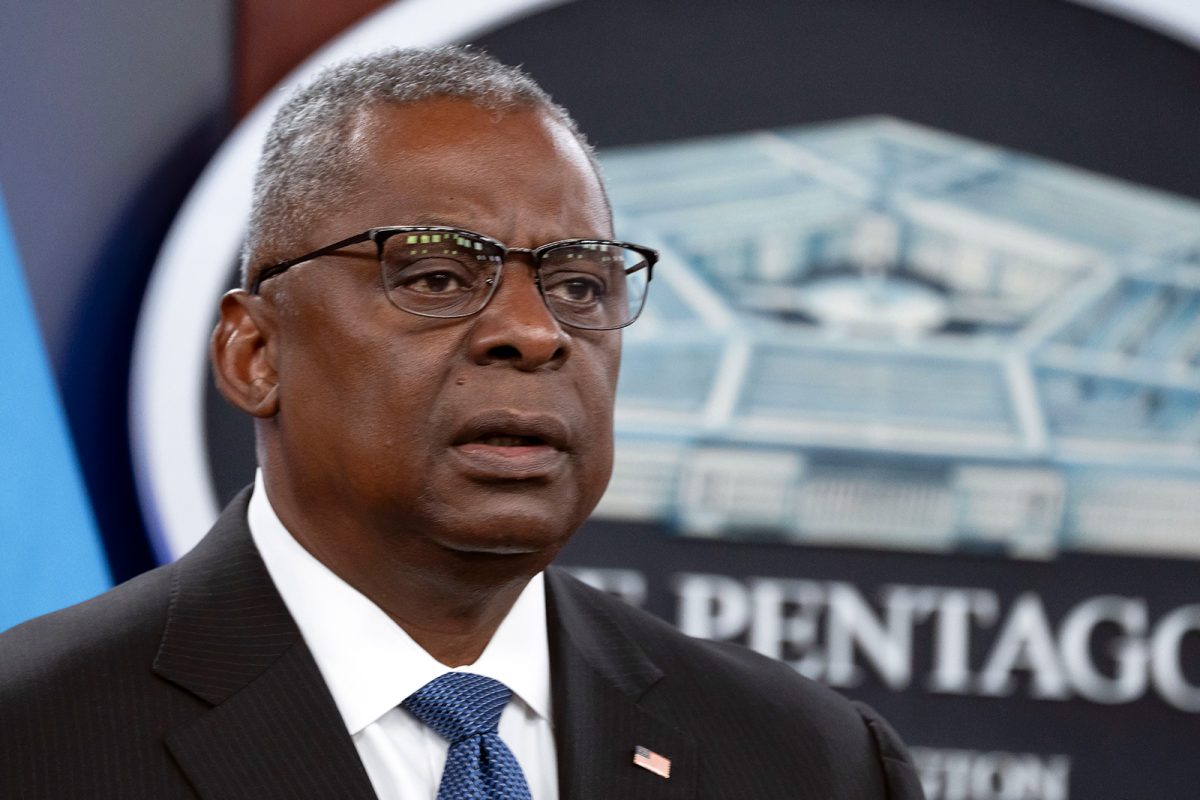“I think you have to take them at their word when they advertise their intent to do something, whether it’s today or in the future. So I think it’s important to remain at the ready, especially for Israel to remain at the ready,” Austin stated.
Haniyeh, the head of the Palestinian resistance movement Hamas’ Political Bureau, was assassinated alongside one of his bodyguards in the Iranian capital Tehran on July 31, a day after he attended the swearing-in ceremony of Iran’s President Masoud Pezeshkian.
Following the assassination of Haniyeh, Leader of the Islamic Revolution Ayatollah Seyyed Ali Khamenei pledged that the Islamic Republic would deliver a “harsh response” to the atrocity.
The Pentagon remains determined to maintain sufficient forces in the region to deter Iran from attacking Israel, convinced that expanded pressure there is deterring aggression, he added.
“The force posture does matter,” Austin stressed.
“It has mattered a lot. It’s not just the capability being there. It’s the messaging associated with that. It’s the active engagement of leaders. As we endeavor to manage the crisis, what we’re doing on both sides of the fence is to make sure we don’t allow something to unnecessarily escalate out of control.”
Austin’s comments came a day after the Pentagon announced that the aircraft carrier the USS Theodore Roosevelt and its battle group had left the Middle East. But the departure, after a lengthy deployment, does not mean that Iran’s threat to retaliate against Israel for an attack that killed the ranking political leader of Hamas during a visit to Tehran is over, or that US forces in the region would continue to draw down.
“It does not mean that there is not a threat from Iran and that we should no longer be concerned,” Austin said, adding, “I think you have to take them at their word when they advertise their intent to do something, whether it’s today or in the future. So I think it’s important to remain at the ready—especially for Israel to remain at the ready.”
Now, with the departure of the Roosevelt, the US is keeping U.S. Air Force F-15, F-16, and F-22 squadrons. Also in the region: the aircraft carrier USS Abraham Lincoln battle group in the region, with its airwing that includes F-35Cs, and a battlegroup that includes guided missile destroyers. A nuclear-powered submarine, the USS Georgia and its some 150 Tomahawk land-attack cruise missiles, is also in the Middle East.
All told, the Pentagon secretary said, the US still has more forces in the region than it had on April 13, when it helped Israel neutralize an Iranian attack that sent more than 300 ballistic missiles, cruise missiles and drones to Israel, and 99 percent were intercepted.
“I still have an aircraft carrier in the region and I still have a lot of other capability in the region,” Austin continued.
“I know you guys track what’s there and not there on a daily basis. But, again, when you saw us do what we did on the 13th of April, we didn’t have two aircraft carriers in the region then. We actually still have more capability in the region than we had on the 13th of April,” he added.
Iran says only a fraction of its available military resources were used in the retaliatory airstrikes against Israel.
In an interview in early May, Commander of the Islamic Revolution Guards Corps Aerospace Force Brigadier General Amir Ali Hajizadeh stressed that during Iran’s punitive strikes — dubbed Operation True Promise — the United States, Britain and France came to the help of Israel in a bid to repel Iran’s attacks.
He, however, added that his country stood against the superpowers and their allies by using only 20 percent of what it had prepared in order to take action against Israel.
Hajizadeh emphasized that Israel mobilized all its military resources to counter Iran’s attacks while the US also deployed its aircraft, cruisers and aircraft carriers in support of Israel.
Although Iran had not employed all it had in power, Hajizadeh stated, Israel and its allies used all they had in power to counter Iran, adding that the US, which had previously claimed that it had no intention to intervene, stood by the Israeli regime.
The IRGC general noted that there are many untold points about the operation, which exposed just a small fraction of Iran’s military prowess.
